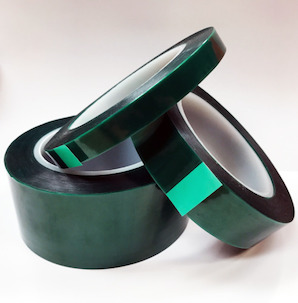
Curated with aloha by
Ted Mooney, P.E. RET

The authoritative public forum
for Metal Finishing 1989-2025

-----
Baking aluminum parts that have been conversion coated per Mil-C-5541
Will baking aluminum at 300 °F. that has been conversion coated per MIL-C-5541 deteriorate the conversion coating, and if so, what will the results look like?
Homer D. BlackPrecision Machine Shop - Tempe, Arizona, USA
2005
|
|
Read the Mil Spec and you will see that the baking temperature is limited to 140 °F (I prefer 120 °F ), to prevent dehydration of the water bearing gel coating. The appearance will be dried out and cracked and flaking off.  Robert H Probert Robert H Probert Technical Services Garner, North Carolina  300 °F will certainly destroy any benefits from the conversion coating. The coating will dehydrate and, if you look under a microscope, you will see that the coating has cracked where it has shrunk. The drying process also "locks in" the chromate and so the coating no longer offers corrosion protection. Aerospace - Yeovil, Somerset, UK |
A. It's been awhile since I've done any chromating, as I recall it's not recommended to go above 150 °F with cured conversion coatings. At 300 F, I would imagine that the conversion coating would be powdery.

Marc Green
anodizer - Boise, Idaho
2005
A. If powder coating is what you are referring to "baking", the chromate conversion coating does not dehydrate in the curing process in the absence of air. Even though the substrate temperature is exposed to heat of 325 °F or higher, the powder coating protects the substrate from dehydrating by shielding it from air. Those areas not coated with powder are normally protected by masking devices (tape, plugs, etc.) that perform the same function as the powder coating with respect to shielding the substrate from air.
Caleb Hammons- Warner Robins, GA, USA
2006
Q, A, or Comment on THIS thread -or- Start a NEW Thread
